The Connection Between the Law and Salvation
Posted by Ez1 Realty on July 4, 2010
This study is a short collection of quotes from Ellen White on the subject of the connection between the law and salvation. The
material here is also found on the Adult Sabbath School Lesson for July 3-10, 2010. A complete collection of text may be found under the HELPS tab for the lesson.
Http://www.ssnet.org/qrtrly/eng/10c/helps/lesshp02.html
As I highlighted these texts I found Ellen White had preserved a lesson showing the historical account of God’s law and the connection to salvation. It explains the message God gave to Abraham, Moses, and the Israelites from the time they were freed from Egypt up to the first coming of Christ. This lesson includes proof texts and explanations showing how each generation misunderstood the types and symbols associated with God’s law and the tabernacle. This misunderstanding still exists today.
I find it hard to understand why, in my 30 years of being an Adventist, I have never heard this subject explained in such a clear an concise manner. I find it hard to believe this has been missed by the hundreds of SDA scholars many trust to examine and share this information. Considering this information is recorded in three of her most studied books, Desire of Ages, Patriarchs and Prophets, and Acts of the Apostles, I have to question how this information has been overlooked for such a long time.
Having sprinkled the altar with the blood of the offerings, Moses “took the book of the covenant, and read in the audience of the people.” Thus the conditions of the covenant were solemnly repeated, and all were at liberty to choose whether or not they would comply with them. They had at the first promised to obey the voice of God; but they had since heard His law proclaimed; and its principles had been particularized, that they might know how much this covenant involved. Again the people answered with one accord, “All that the Lord hath said will we do, and be obedient.” “When Moses had spoken every precept to all the people according to the law, he took the blood, . . . and sprinkled both the book and all the people, saying, This is the blood of the testament which God hath enjoined unto you.” Hebrews 9:19, 20. {PP 312.2}
Arrangements were now to be made for the full establishment of the chosen nation under Jehovah as their king. Moses had received
the command, “Come up unto the Lord, thou, and Aaron, Nadab, and Abihu, and seventy of the elders of Israel; and worship ye afar off. And Moses alone shall come near the Lord.” While the people worshiped at its foot, these chosen men were called up into the mount. The seventy elders were to assist Moses in the government of Israel, and God put upon them His Spirit, and honored them with a view of His power and greatness. “And they saw the God of Israel: and there was under His feet as it were a paved work of a sapphire stone, and as it were the body of heaven in his clearness.” They did not behold the Deity, but they saw the glory of His presence. Before this they could not have endured such a scene; but the exhibition of God’s power had awed them to repentance; they had been contemplating His glory, purity, and mercy, until they could approach nearer to Him who was the subject of their meditations. (p. 313) {PP 312.3}
It was their own evil heart of unbelief, controlled by Satan, that led them to hide their light, instead of shedding it upon surrounding peoples; it was that same bigoted spirit that caused them either to follow the iniquitous practices of the heathen or to shut themselves away in proud exclusiveness, as if God’s love and care were over them alone. {PP 370.1}
As the Bible presents two laws, one changeless and eternal, the other provisional and temporary, so there are two covenants. The covenant of grace was first made with man in Eden, when after the Fall there was given a divine promise that the seed of the woman should bruise the serpent’s head. To all men this covenant offered pardon and the assisting grace of God for future obedience through faith in Christ. It also promised them eternal life on condition of fidelity to God’s law. Thus the patriarchs received the hope of salvation. {PP 370.2}
This same covenant was renewed to Abraham in the promise, “In thy seed shall all the nations of the earth be blessed.” Genesis 22:18. This promise pointed to Christ. So Abraham understood it (see Galatians 3:8, 16), and he trusted in Christ for the forgiveness of sins. It was this faith that was accounted unto him for righteousness. The covenant with Abraham also maintained the authority of God’s law. The Lord appeared unto Abraham, and said, “I am the Almighty God; walk before Me, and be thou perfect.” Genesis 17:1. The testimony of God concerning His faithful servant was, “Abraham obeyed My voice, and kept My charge, My commandments, My statutes, and My laws.” Genesis 26:5. And the Lord declared to him, “I will establish My covenant between Me and thee and thy seed after thee in their generations, for an everlasting covenant, to be a God unto thee and to thy seed after thee.” Genesis 17:7. {PP 370.3}
Though this covenant was made with Adam and renewed to Abraham, it could not be ratified until the death of Christ. It (p. 371) had existed by the promise of God since the first intimation of redemption had been given; it had been accepted by faith; yet when ratified by Christ, it is called a new covenant. The law of God was the basis of this covenant, which was simply an arrangement for bringing men again into harmony with the divine will, placing them where they could obey God’s law. {PP 370.4}
Another compact–called in Scripture the “old” covenant–was formed between God and Israel at Sinai, and was then ratified by the
blood of a sacrifice. The Abrahamic covenant was ratified by the blood of Christ, and it is called the “second,” or “new,” covenant, because the blood by which it was sealed was shed after the blood of the first covenant. That the new covenant was valid in the days of Abraham is evident from the fact that it was then confirmed both by the promise and by the oath of God–the “two immutable things, in which it was impossible for God to lie.” Hebrews 6:18. {PP 371.1}
But if the Abrahamic covenant contained the promise of redemption, why was another covenant formed at Sinai? In their bondage the people had to a great extent lost the knowledge of God and of the principles of the Abrahamic covenant. In delivering them from Egypt, God sought to reveal to them His power and His mercy, that they might be led to love and trust Him. He brought them down to the Red Sea–where, pursued by the Egyptians, escape seemed impossible–that they might realize their utter helplessness, their need of divine aid; and then He wrought deliverance for them. Thus they were filled with love and gratitude to God and with confidence in His power to help them. He had bound them to Himself as their deliverer from temporal bondage. {PP 371.2}
But there was a still greater truth to be impressed upon their minds. Living in the midst of idolatry and corruption, they had no true conception of the holiness of God, of the exceeding sinfulness of their own hearts, their utter inability, in themselves, to render obedience to God’s law, and their need of a Saviour. All this they must be taught. {PP 371.3}
God brought them to Sinai; He manifested His glory; He gave them His law, with the promise of great blessings on condition of obedience: “If ye will obey My voice indeed, and keep My covenant, then . . . ye shall be unto Me a kingdom of priests, and an holy nation.” Exodus 19:5, 6. The people did not realize (p. 372) the sinfulness of their own hearts, and that without Christ it was impossible for them to keep God’s law; and they readily entered into covenant with God. Feeling that they were able to establish their own righteousness, they declared, “All that the Lord hath said will we do, and be obedient.” Exodus 24:7. They had witnessed the proclamation of the law in awful majesty, and had trembled with terror before the mount; and yet only a few weeks passed before they broke their covenant with God, and bowed down to worship a graven image. They could not hope for the favor of God through a covenant which they had broken; and now, seeing their sinfulness and their need of pardon, they were brought to feel their need of the Saviour revealed in the Abrahamic covenant and shadowed forth in the sacrificial offerings. Now by faith and love they were bound to God as their deliverer from the bondage of sin. Now they were prepared to appreciate the blessings of the new covenant. {PP 371.4}
The terms of the “old covenant” were, Obey and live: “If a man do, he shall even live in them” (Ezekiel 20:11; Leviticus 18:5); but “cursed be he that confirmeth not all the words of this law to do them.” Deuteronomy 27:26. The “new covenant” was established upon “better promises”–the promise of forgiveness of sins and of the grace of God to renew the heart and bring it into harmony with the principles of God’s law. “This shall be the covenant that I will make with the house of Israel; After those days, saith the Lord, I will put my law in their inward parts, and write it in their hearts. . . . I will forgive their iniquity, and will remember their sin no more.” Jeremiah 31:33, 34. {PP 372.1}
The same law that was engraved upon the tables of stone is written by the Holy Spirit upon the tables of the heart. Instead of going
about to establish our own righteousness we accept the righteousness of Christ. His blood atones for our sins. His obedience is accepted for us. Then the heart renewed by the Holy Spirit will bring forth “the fruits of the Spirit.” Through the grace of Christ we shall live in obedience to the law of God written upon our hearts. Having the Spirit of Christ, we shall walk even as He walked. Through the prophet He declared of Himself, “I delight to do Thy will, O My God: yea, Thy law is within My heart.” Psalm 40:8. And when among men He said, “The Father hath not left Me alone; for I do always those things that please Him.” John 8:29. (p. 373) {PP 372.2}
The apostle Paul clearly presents the relation between faith and the law under the new covenant. He says: “Being justified by faith, we have peace with God through our Lord Jesus Christ.” “Do we then make void the law through faith? God forbid: yea, we establish the law.” “For what the law could not do, in that it was weak through the flesh”–it could not justify man, because in his sinful nature he could not keep the law–“God sending His own Son in the likeness of sinful flesh, and for sin, condemned sin in the flesh: that the righteousness of the law might be fulfilled in us, who walk not after the flesh, but after the Spirit.” Romans 5:1; 3:31; 8:3, 4. {PP 373.1}
Yet God had chosen Israel. He had called them to preserve among men the knowledge of His law, and of the symbols and prophecies that pointed to the Saviour. He desired them to be as wells of salvation to the world. What Abraham was in the land of his sojourn, what Joseph was in Egypt, and Daniel in the courts of Babylon, the Hebrew people were to be among the nations. They were to reveal God to men. {DA 27.2}
But the Israelites fixed their hopes upon worldly greatness. From the time of their entrance to the land of Canaan, they departed
from the commandments of God, and followed the ways of the heathen. It was in vain that God sent them warning by His prophets. In vain they suffered the chastisement of heathen oppression. Every reformation was followed by deeper apostasy. {DA 28.1}
Had Israel been true to God, He could have accomplished His purpose through their honor and exaltation. If they had walked in the ways of obedience, He would have made them “high above all nations which He hath made, in praise, and in name, and in honor.” “All people of the earth,” said Moses, “shall see that thou art called by the name of the Lord; and they shall be afraid of thee.” “The nations which shall hear all these statutes” shall say, “Surely this great nation is a wise and understanding people.” Deuteronomy 26:19; 28:10; Deuteronomy 4:6. But because of their unfaithfulness, God’s purpose could be wrought out only through continued adversity and humiliation. {DA 28.2}
As they departed from God, the Jews in a great degree lost sight of the teaching of the ritual service. That service had been instituted by Christ Himself. In every part it was a symbol of Him; and it had been full of vitality and spiritual beauty. But the Jews lost the spiritual life from their ceremonies, and clung to the dead forms. They trusted to the sacrifices and ordinances themselves, instead of resting upon Him to whom they pointed. In order to supply the place of that which they had lost, the priests and rabbis multiplied requirements of their own; and the more rigid they grew, the less of the love of God was manifested. They measured their holiness by the multitude of their ceremonies, while their hearts were filled with pride and hypocrisy. {DA 29.2}
With all their minute and burdensome injunctions, it was an impossibility to keep the law. Those who desired to serve God, and who
tried to observe the rabbinical precepts, toiled under a heavy burden. They could find no rest from the accusings of a troubled conscience. Thus Satan worked to discourage the people, to lower their conception of the character of God, and to bring the faith of Israel into contempt. He hoped to establish the claim put forth when he rebelled in heaven,–that the requirements of God were unjust, and could not be obeyed. Even Israel, he declared, did not keep the law. {DA 29.3}
While the Jews desired the advent of the Messiah, they had no true (p. 30) conception of His mission. They did not seek redemption from sin, but deliverance from the Romans. They looked for the Messiah to come as a conqueror, to break the oppressor’s power, and exalt Israel to universal dominion. Thus the way was prepared for them to reject the Saviour. {DA 29.4}
Hatred of the Romans, and national and spiritual pride, led the Jews still to adhere rigorously to their forms of worship. The priests tried to maintain a reputation for sanctity by scrupulous attention to the ceremonies of religion. The people, in their darkness and oppression, and the rulers, thirsting for power, longed for the coming of One who would vanquish their enemies and restore the kingdom to Israel. They had studied the prophecies, but without spiritual insight. Thus they overlooked those scriptures that point to the humiliation of Christ’s first advent, and misapplied those that speak of the glory of His second coming. Pride obscured their vision. They interpreted prophecy in accordance with their selfish desires. {DA 30.2}











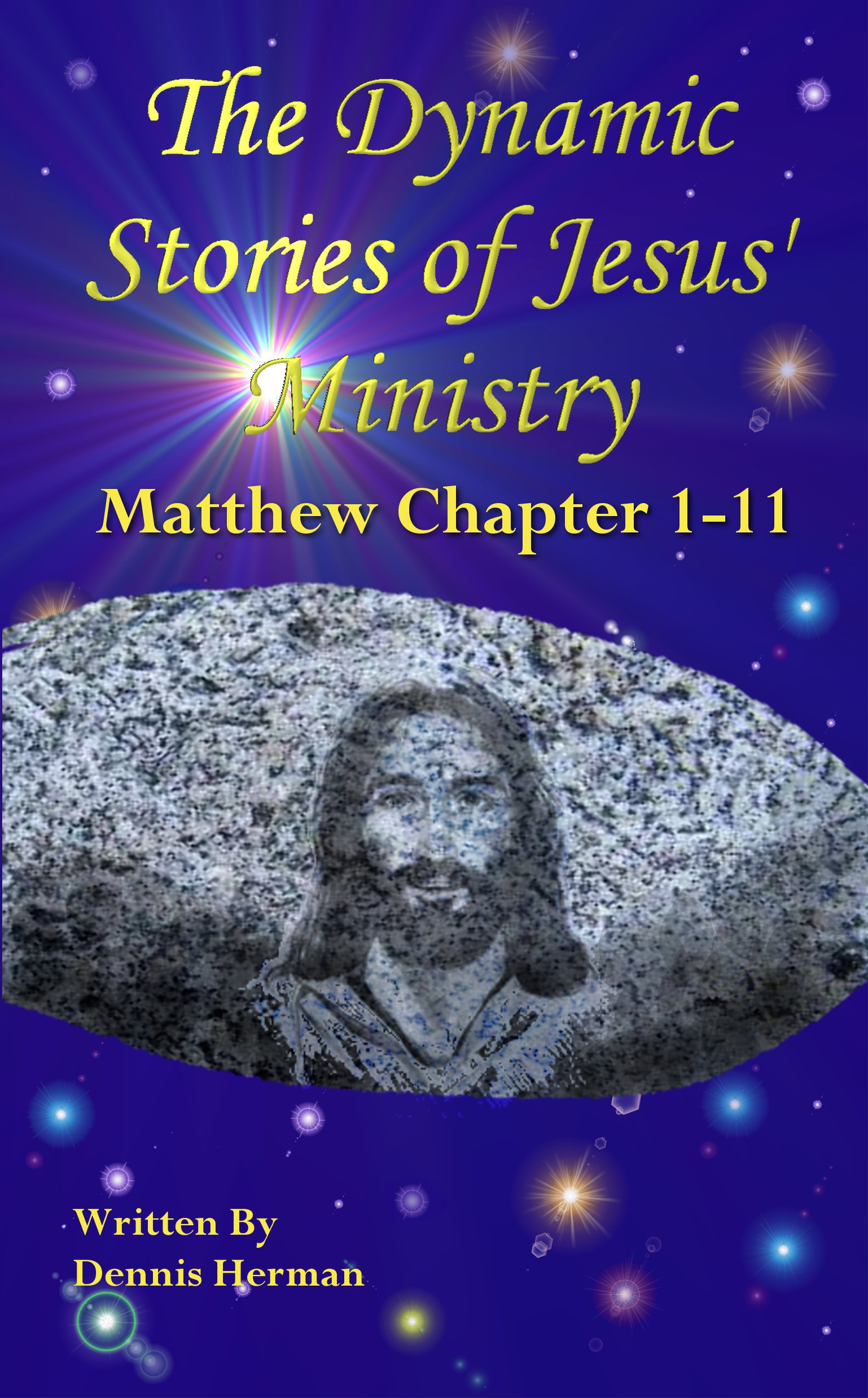
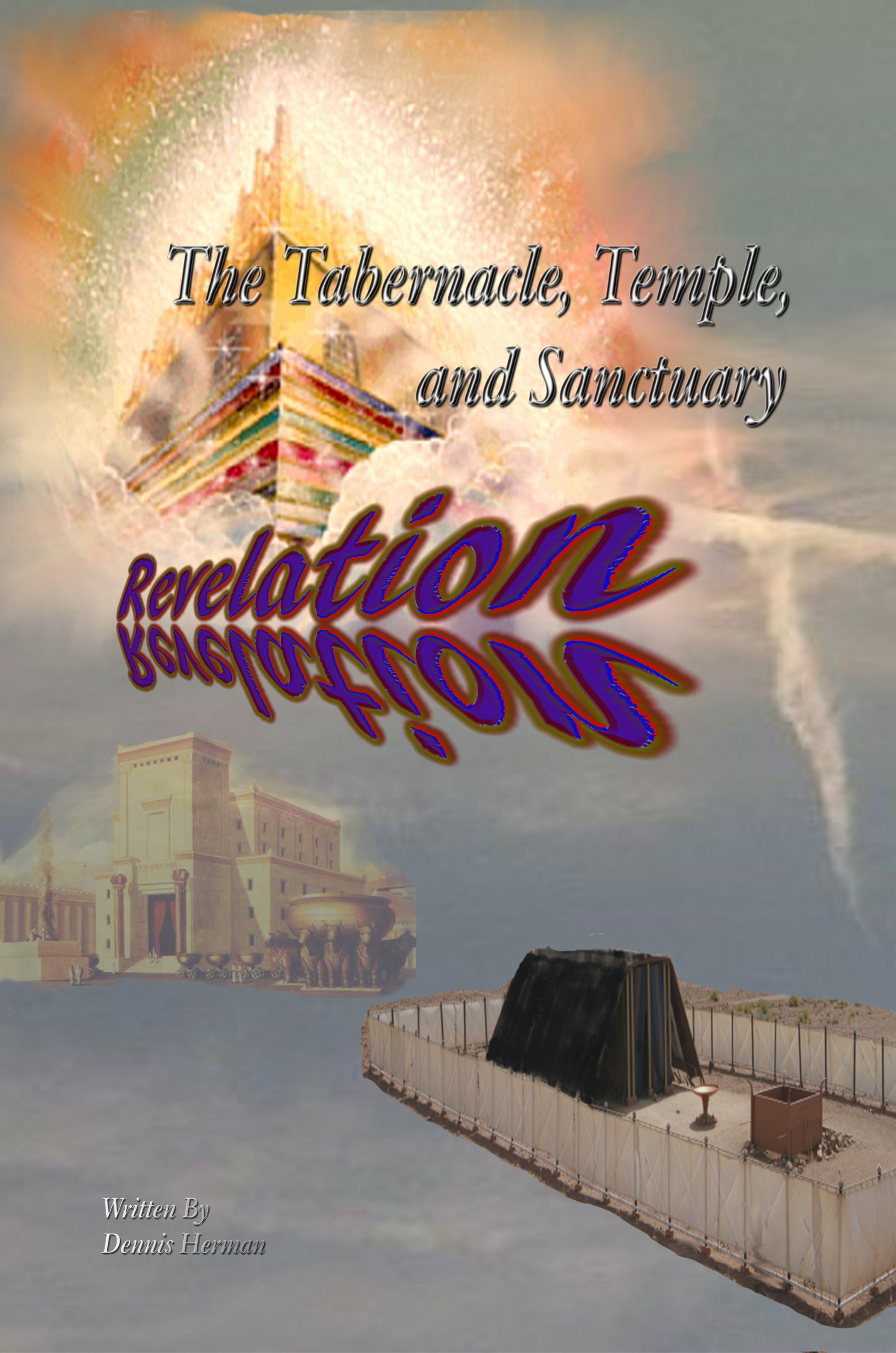


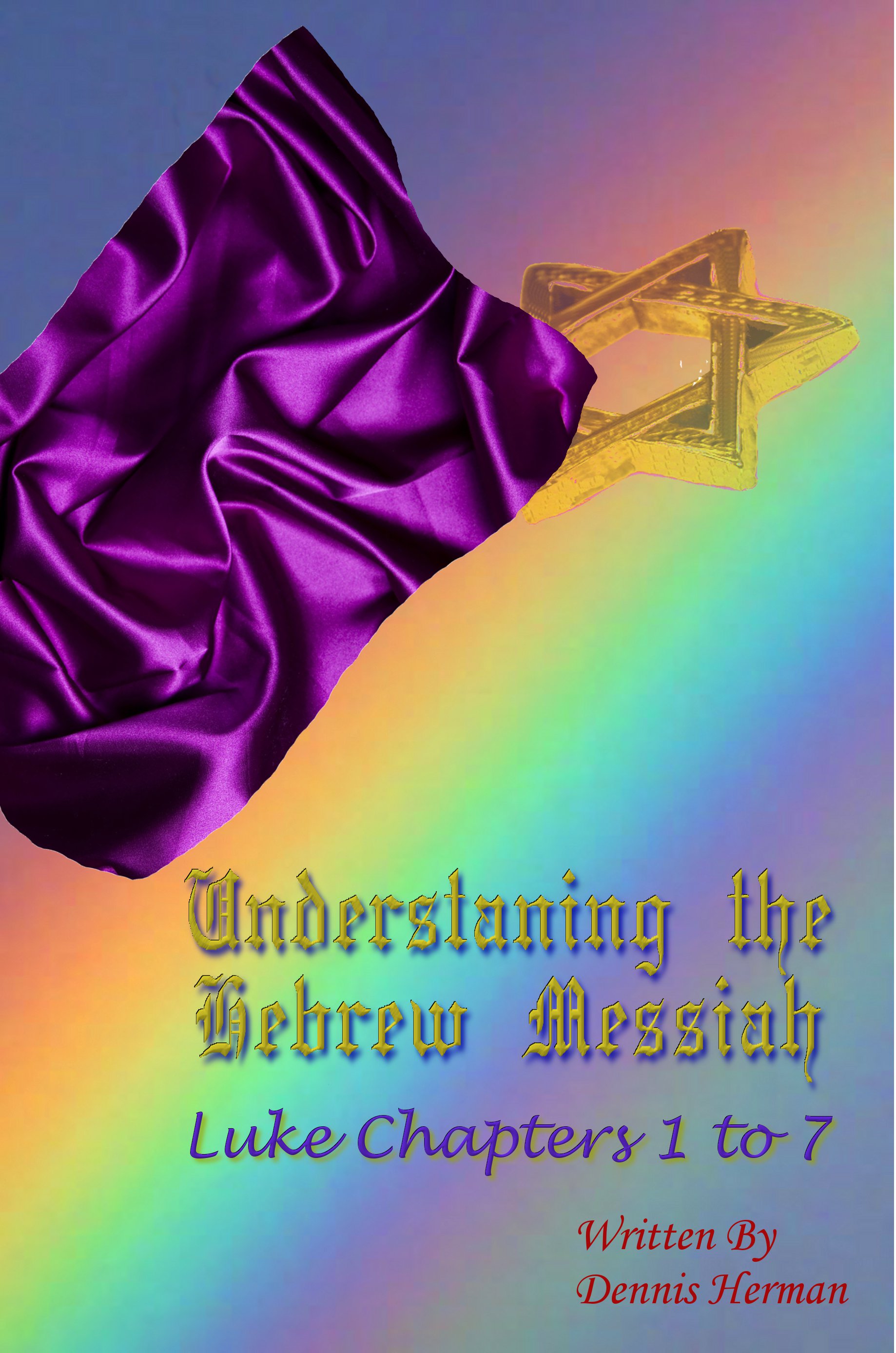
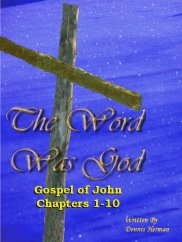
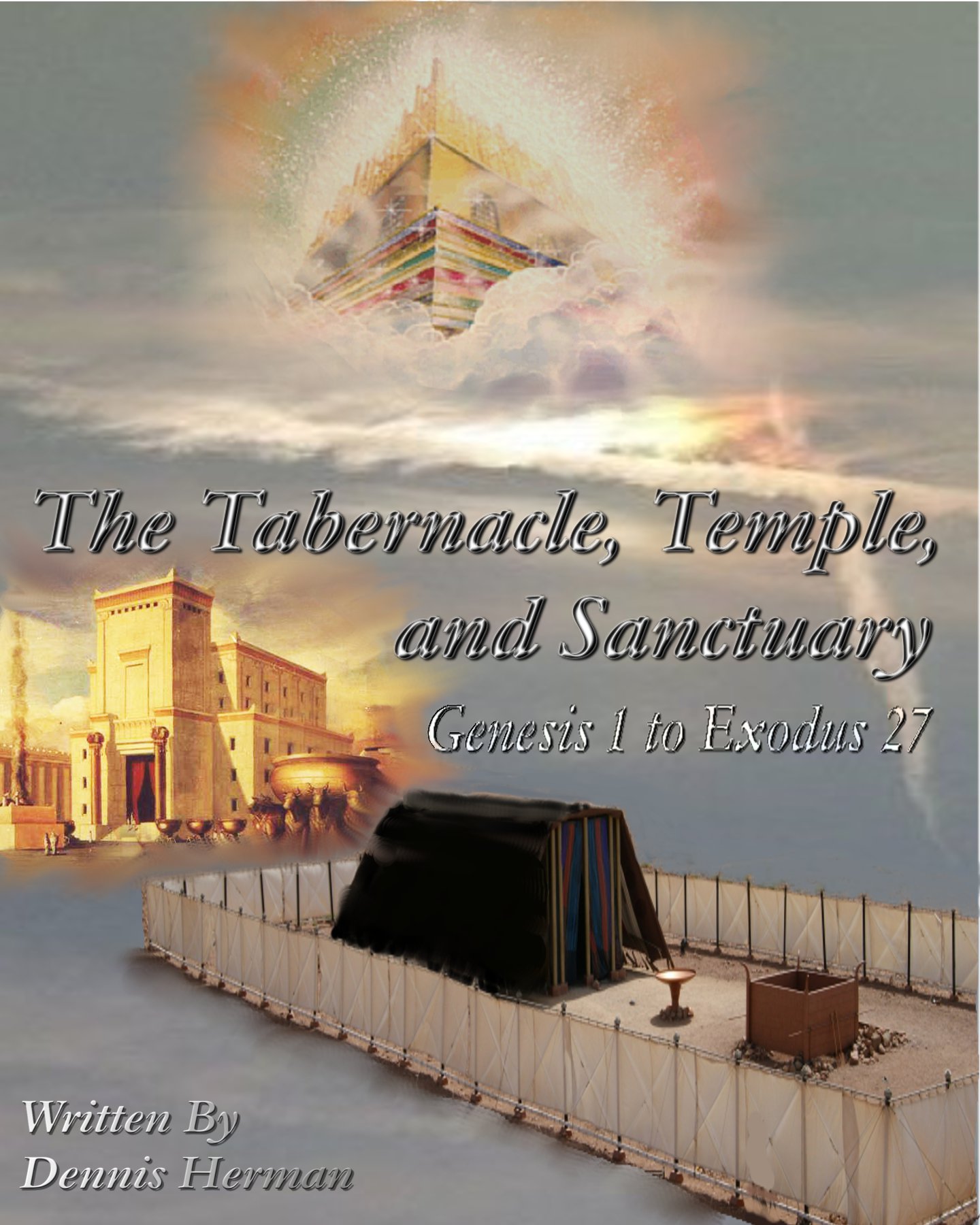
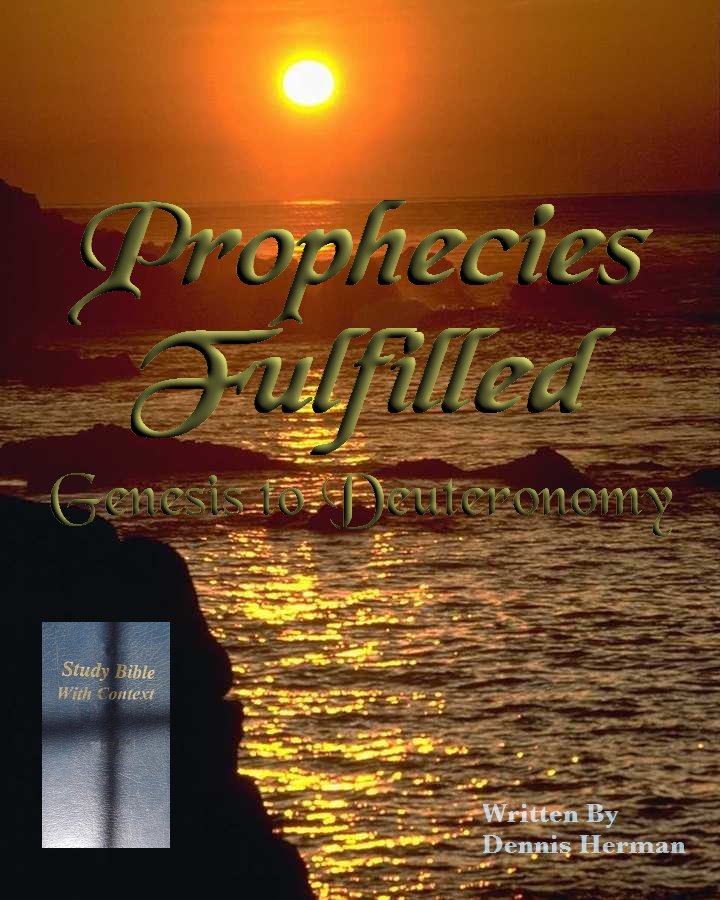

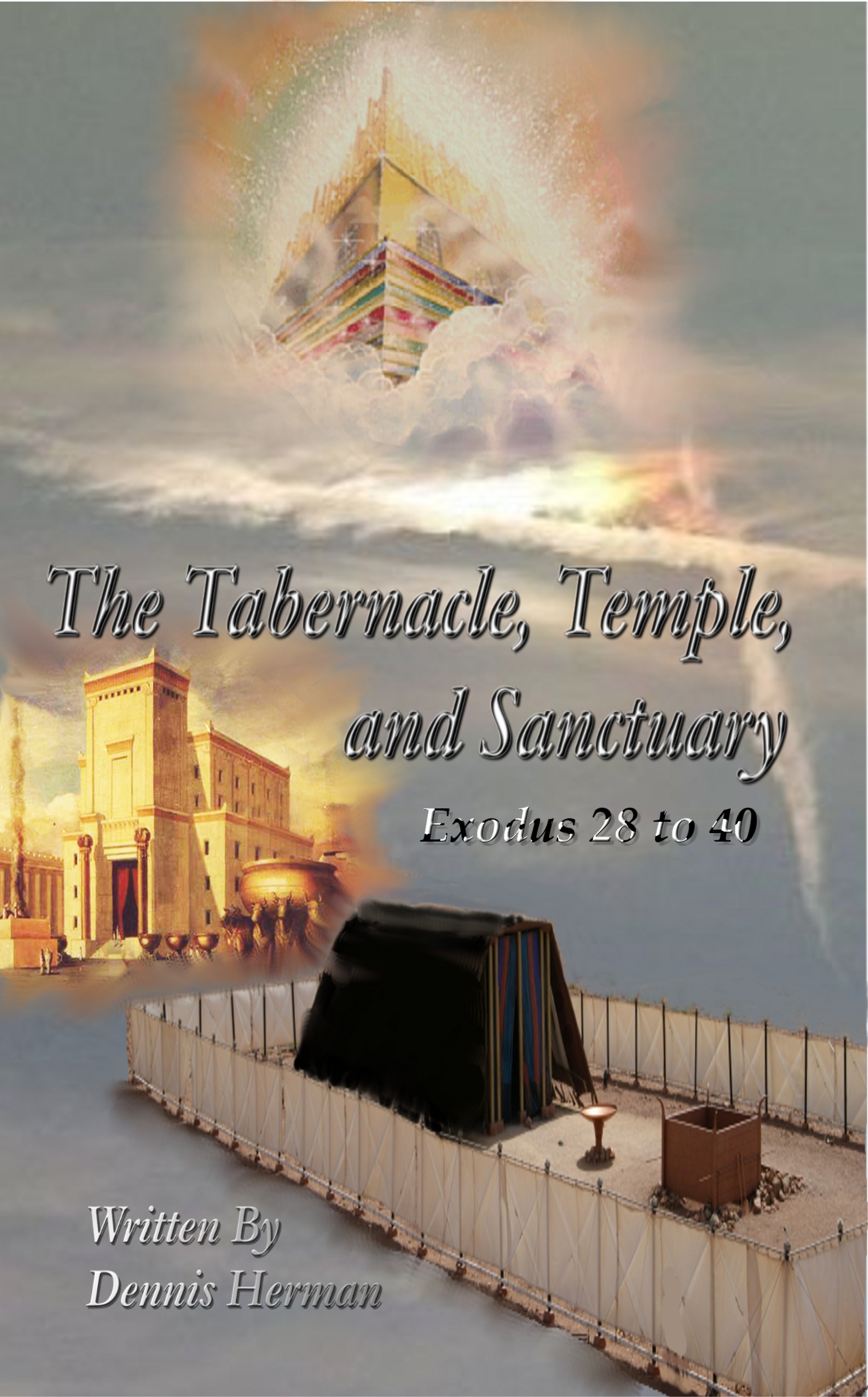







Ellen White on Marriage « Advent Bible Study said
[…] The Connection Between the Law and Salvation […]
LikeLike
WILDA said
I don’t have any trouble understanding the KING JAMES VERSION I WAS BORN AGAIN OF THE SPIRIT AND THE TRUTH. JESUS SAID HE WAS WAY, TRUTH AND THE LIGHT IF ANY MAN TRY TO COME UP ANOTHER WAY THE SAME IS A THEIF AND A ROBBER. AND THAT OTHER WAY WAS THE WORK OF THE LAW. JESUS TOOK THE LAW OF SINNFUL DEATH AND TOOK OUT OF OUR WAY. THERE FOR IF YOU LIVE BY THE LAW YOU SHALL BE JUDGED BUY THE LAW. AND IF YOU WERE A GENTILE IT DID’NT APPLY TO YOU ANY HOW. DON”T YOU KNOW THE LAW BROUGHT THE KNOWLEDGE OF SIN. SHALL WE CONTIUE IN SIN THAT GRACE MAY ABOUND. GOD FORBID
LikeLike
dbaudoin said
A very good post. This is one of the most misunderstood subjects in the Bible. It’s also very hard for many to accept.
LikeLike
phiri joseph said
am clear now with everthing.thank to God though sister white.mhsrinp.
LikeLike